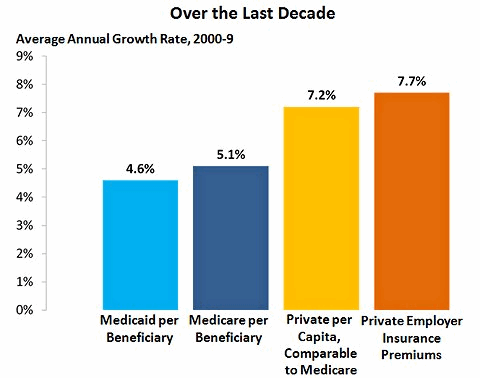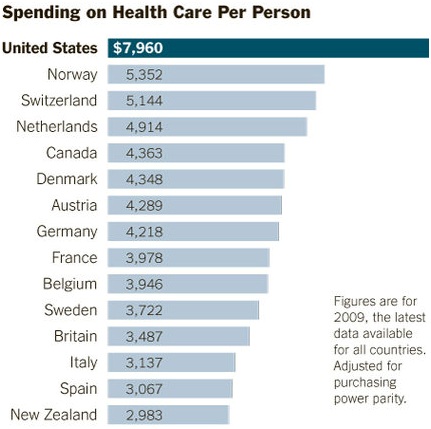Againsheila
Gold Member
- Thread starter
- #21
Yes, compared to Greece or Zimbabwe we are doing great.
Geez, where do they teach this stuff? 1946 was post WW2 and the debt incurred was necessary and limited--once the war ended the need to borrow ended too. This debt is different. It is caused by structural issues in the social spending category that will only grow bigger. This debt has been a drag on the economy, as witnessed by the pitiful growth rate of GDP, coming out of a deep recession.
I disagree we should pay our debt off (and staging bake sales wont do it--the debt is too large for that). But we do need to reduce it to more manageable levels.
Greece or Zimbabwe are smaller economies than the STATE of California.
The 'social spending' you refer to are NOT expendable programs. They MUST be funded. They are essential programs for people who truly fit the definition of dependents. They are not 'lazy' Americans, they are OLD Americans, who can no longer compete in the marketplace to generate the kind of income they once did. They cannot sustain cuts to those programs that will raise their out of pocket costs.
So we have to find a way to lower costs without cutting services and raise revenues.
Edited Most of social spending is waste. Most of it is designed to make people dependent on government. More people signed up for disability last month than got jobs. Do you really think hundreds of thousands of people suddenly became unable to work?
No, I think they had a disability but were able to find work anyway. Now they can't, their only hope is to get disability.


